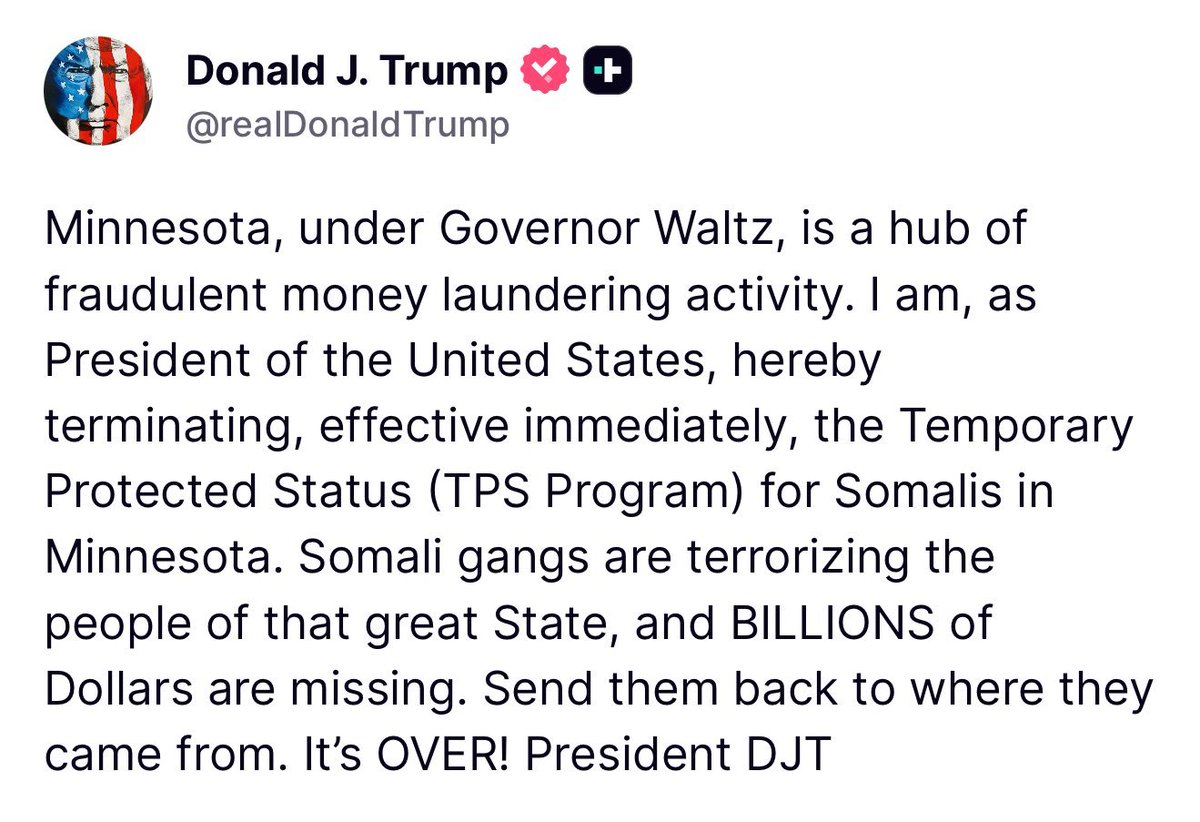Trump Administration Issues Ultimatum to Pennsylvania Over CDL Regulations
The Trump administration has issued a stern warning to the state of Pennsylvania regarding its issuance of commercial driver’s licenses (CDLs) to undocumented immigrants. The federal government has demanded that Pennsylvania immediately cease the practice of granting licenses to individuals it deems "illegal aliens," citing concerns over safety and compliance with federal regulations.
In a statement released by officials, the administration threatened to withdraw $75 million in federal funding if the state does not comply with the directive. The ultimatum underscores the administration's ongoing efforts to enforce stricter immigration policies and ensure that only legally authorized individuals are permitted to operate commercial vehicles.
The controversy surrounding the issuance of CDLs to undocumented immigrants has been a point of contention in various states across the country. Proponents of the practice argue that it allows individuals who have been living and working in the state to obtain necessary licenses, thereby contributing to the economy and enhancing road safety through proper training and regulation. Critics, however, assert that allowing undocumented immigrants to hold CDLs poses significant risks, particularly in terms of public safety and adherence to federal law.
As the deadline for compliance approaches, Pennsylvania officials will need to navigate the complex legal and political landscape surrounding immigration and transportation regulations. The state's response to the federal ultimatum could have significant implications for its budget and the livelihoods of many residents who rely on commercial driving as a source of income.
This situation highlights the ongoing tensions between state and federal authorities regarding immigration policy and the regulation of commercial driving. As the Trump administration continues to prioritize enforcement of immigration laws, states like Pennsylvania may face increasing pressure to align their policies with federal expectations.



